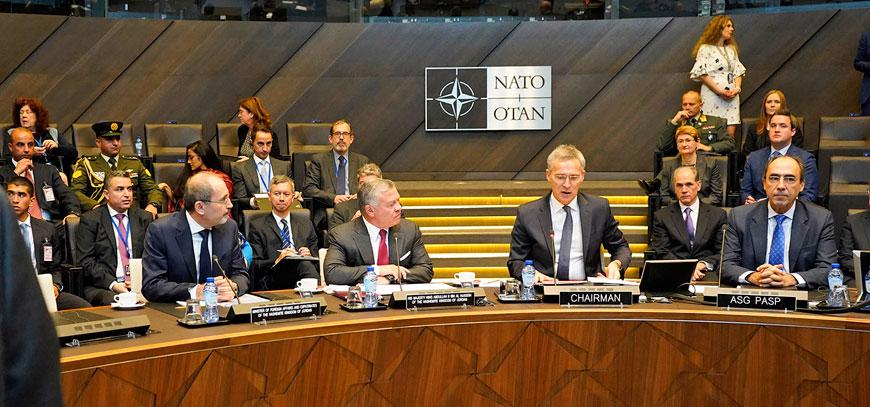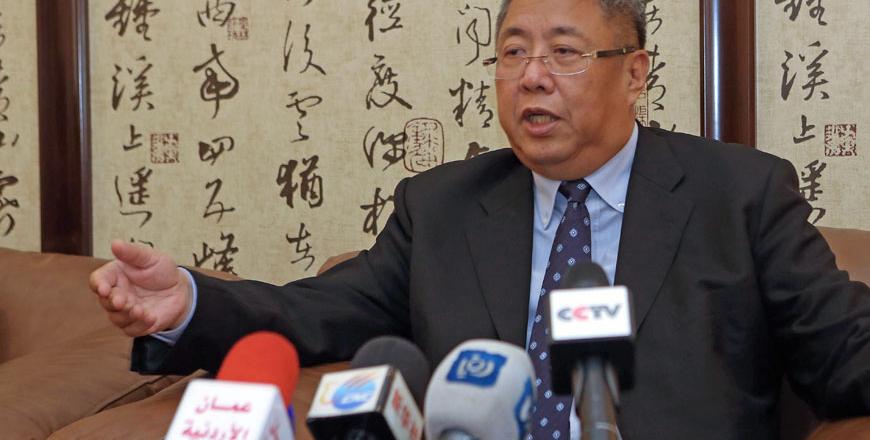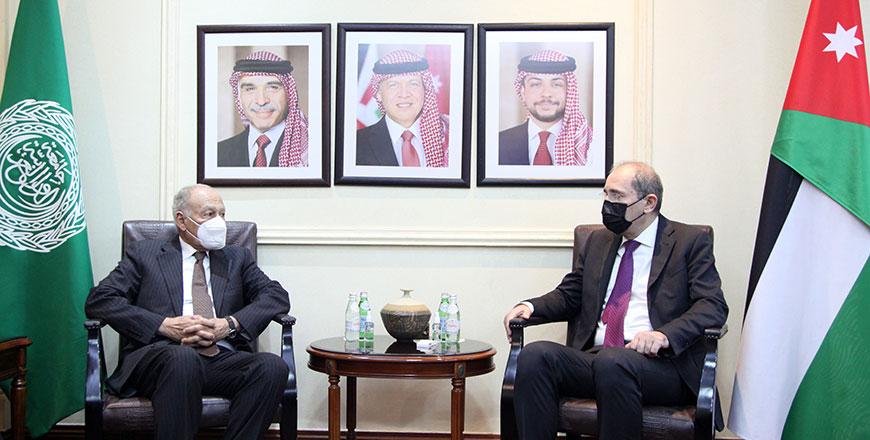You are here
‘Too many players in Syria crisis diminish Jordan’s role’
By Khetam Malkawi - Dec 20,2015 - Last updated at Dec 20,2015
AMMAN — Following the adoption of the UN Security Council resolution that supports international efforts to seek a political solution in Syria, local analysts differed in forecasting the scope and influence of Jordan’s role in these efforts.
The resolution calls for a nationwide ceasefire when the Syrian government and opposition begin talks and for the UN to oversee these negotiations as early as January.
Political analyst Samih Maaytah said Jordan’s role in addressing the crisis is strengthened by the fact that Amman has been a staunch advocate of a political solution that is inclusive of all.
Besides, according to the analyst, the Kingdom has been keeping good ties with all stakeholders, including Syrian opposition groups.
The world powers are aware of this fact, he added, and subsequently, Jordan’s role is likely to be significant in the coming stage.
For political analyst Oraib Rentawi, director of the Jerusalem Studies Centre, Jordan will be a player in the closing chapter of the Syrian crisis, but its role will be restricted mainly to issues of direct impact on the country, such as refugees and border security.
“I do not see a role exceeding these two issues,” Ad Dustour columnist told The Jordan Times over the phone.
The Kingdom, however, has been assigned by partners taking part in talks over Syria to compile a list of terrorist groups active in Syria.
The controversial list, which officials insist does not represent Jordan’s opinion, was presented to a New York meeting of stakeholders Friday.
Still, Rentawi believes that Jordan will be very eager to see a political solution in Syria as the crisis next door affects the country more than severely due to proximity.
However, Adnan Abu Odeh, a veteran politician and political thinker, highlights a special feature of the complex crisis in the northern neighbour, namely, that there are too many cooks.
“Jordan is only one of the 100 or so actors,” in the process, Abu Odeh said, noting that since World War II, no crisis has seen such a number of actors, the majority of whom are groups who have been active in the internal landscape of the civil war raging for five years in the Arab country.
What adds to the complexity of the already tangled situation is that domestic, regional and international actors do not have static stances, Abu Odeh said.
However, the political analyst seems less optimistic about prospects of success of the UN-backed efforts to bring back peace and stability to Syria.
“The rules of the game have changed. The main target now is the terrorist groups, while the actual challenge is the envisaged political transformation,” he concluded.
Related Articles
AMMAN — His Majesty King Abdullah on Wednesday met with the NATO Secretary General Jens Stoltenberg and members of the NATO council in Bruss
AMMAN — China’s Middle East envoy on Tuesday expressed his country’s readiness to play a larger role in addressing regional conflicts, empha
AMMAN — Deputy Prime Minister and Foreign Minister Ayman Safadi and Arab League Secretary General Ahmed Aboul Gheit on Wednesday held talks














